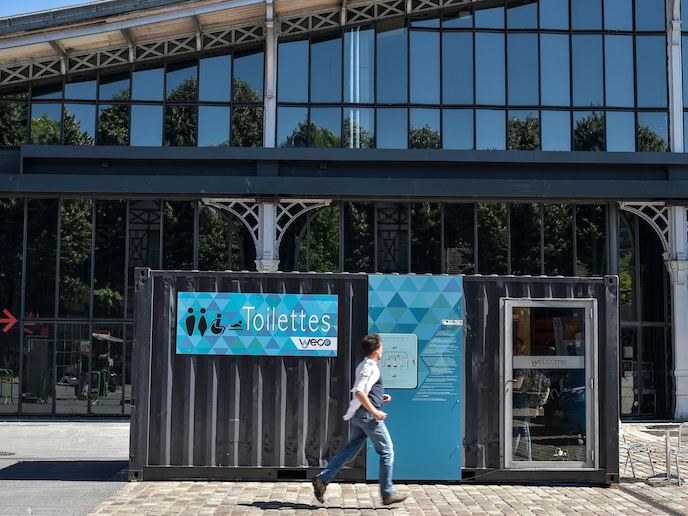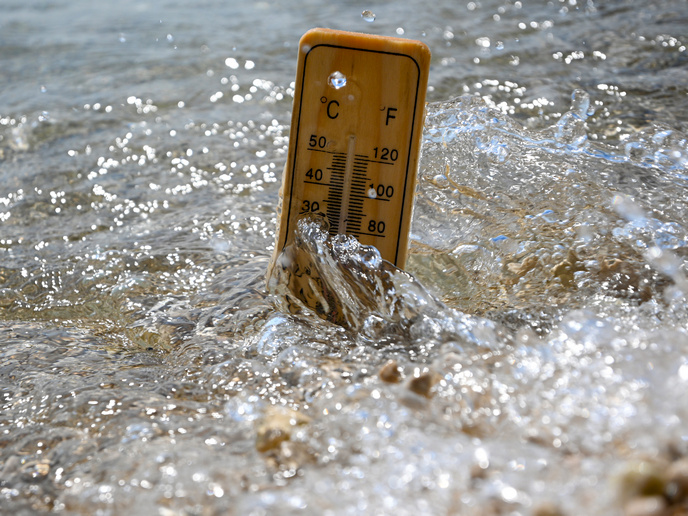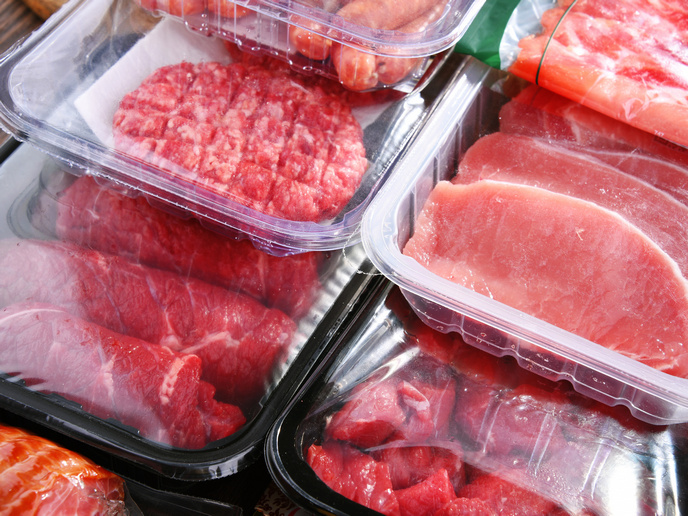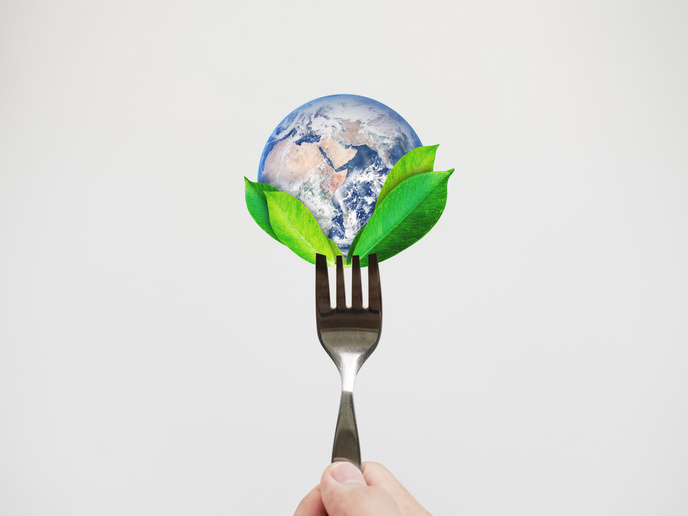Closed loop toilet can turn urine into treated water
For the user, the equipment, developed by WeCo, looks and functions like a normal flush toilet. But a separate section at the back of the installation houses a series of tubes and tanks which can treat the waste or black water and return it as clean water for the next flush within a mere 2 hours. Working as a closed loop system, it recycles the water and avoids the need for a costly connection to the sewers. During the summer and autumn of 2019, developers WeCo received a helping hand via EU funding for the RecycLoo project. Black water from the toilet goes through a macerating pump into a small tank. Here bacteria eat and reduce the faecal sludge, and sedimentation sends any remaining solid matter to the bottom. The liquid passes through a filter into a second chamber where an electrochemical reaction kills the bacteria, produces chlorine and clarifies the water to produce clean treated water.
Producing a surplus
After passing through a second filter, what is left is clean treated water available for flushing once more. “It is actually the quality of drinking water, but I doubt we would get the cultural acceptance and the legal authorisation to use it for that,” says WeCo CEO and founder Cécile Dekeuwer. She explains that any surplus can be used for watering plants or cleaning the toilet since the electrolysis produces detergent which can be reused onsite. While working as a lawyer advising start-ups in South-East Asia, Dekeuwer was impressed by the level of innovation of Japanese toilets and started on a 2-year search for new inventions. Inspired by research from the California Institute of Technology in the United States, WeCo came up with its own technology and worked with a major train manufacturer to further develop the system. EU funding for RecycLoo in 2019 has helped WeCo conduct a study of the potential market and prepare a business plan aiming to raise EUR 2 million for expansion. The company has also been able to file patents covering France and Europe.
Innovation and efficiency
Biological treatment of human waste only functions within a set temperature range and takes time to produce uncertain results. Using solely an electrochemical reactor on black water produces gas which is potentially explosive if not handled with care. “So the major innovation is the way we have combined the benefits of biological treatment with the certainty and efficiency of electrochemical treatment,” says Dekeuwer. “We have also enhanced and scaled up the technology ready for commercial production.” The team is going to stress test the system at 300 000 cycles so they will soon have information on the durability of the equipment. “The tests will also enable us to assess how the composition of the water is impacted by chlorine and chemical reactions,” she adds. During 2020, five WeCo toilets, housed in recycled shipping containers, will join the first two installed in France in 2019. The system will be adapted to the ISO standard for Africa, and buyers from Germany, Cameroon and Senegal are showing interest.
Keywords
RecycLoo, closed loop, flush toilet, electrochemical process, biological treatment, black water, human waste







